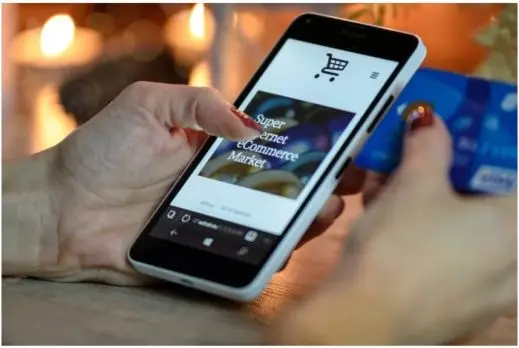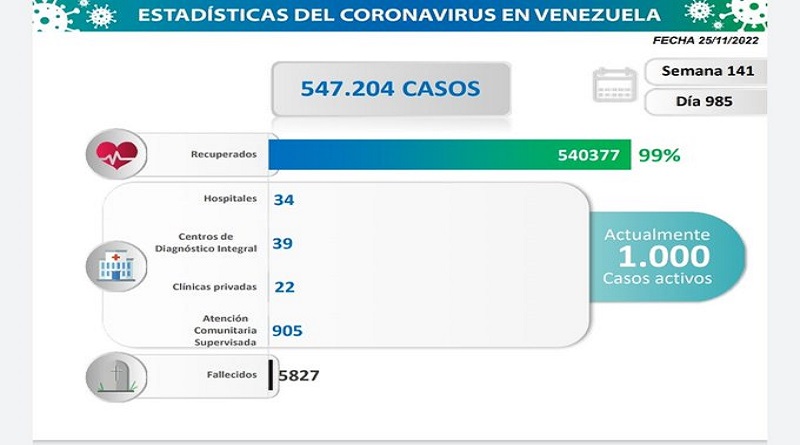According to the Kantar study called Ecommerce, In the Caribbean market, eCommerce represented around $1.2 Billion in sales, coming mostly from the Dominican Republic with close to 900 Million dollars, where the most significant categories in online shopping are fashion, electronics, toys, furniture, food and personal care.
In this context, ESET, a leading company in proactive threat detection, warns about the growth that online purchases have had and also the frauds that take advantage of this situation. Cybercriminals do not miss the opportunity that these dates present to launch malicious campaigns that seek from compromising computers with malware to stealing confidential data to commit identity fraud or sell the information on the dark web.
Read:Banreservas: Recommendations for using ATMs
“Fortunately, users can reduce the chances of falling for scams or being victims of information theft, being aware that fraud will be circulating. This requires us to exercise a good dose of caution and harden the security of our devices with some good security practices in mind.” mentions Marielos Rosa, Operations Manager of ESET Central America.
From ESET they share the following recommendations for buying online:
- Connect securely: The first thing to keep in mind when shopping online is to use a secure Internet connection. It’s best to limit online purchases to safe, familiar Internet connections, either mobile data or over your home Wi-Fi network. To keep your home network secure, the first step is to modify the security settings of the router from its installation.
- secure devices: As purchases are likely to be made from a smartphone, security should be a priority. However, a significant number of people still consider their smartphone to be just a phone and not a pocket computer that they carry every day and use to carry out all sorts of tasks. That’s why many underestimate the amount of personal data stored on their devices, ranging from photos and personal information to payment cards stored in their electronic wallets that they use to pay for purchases.
- Protect payments: You should also think about protecting the payment methods you choose to use through a reliable security solution on the device. Well-equipped solutions often come with a payment protection feature that adds an extra layer of protection for your banking and payment applications. This protects from any scammer trying to intercept your payment information, whether in the form of phishing campaigns or other threats.
- Avoid scams: Dates like Black Friday or CyberMonday are usually full of offers of all kinds and it is a time when buyers are more attentive than ever to offers. However, one should not lose sight of the fact that it is also the favorite time of the year for scammers who rely on consumers to let down their guard. However, one thing that stands the test of time is the oft-repeated rule of thumb: if something sounds too good to be true, it usually isn’t.
So, when coming across annoying ads or pop-up sites that offer 90% discounts for luxury brands, you should probably avoid them. Clicking on them may redirect the user to a fake or phishing website to try to collect sensitive information, including payment details, or lead to downloading malware on the device. Either way, the only one who will get a bargain is the scammer. To avoid falling victim to these types of scams, the best option is to stick to legitimate stores and authorized platforms that can be trusted.
In conclusion, ESET recommends that while looking for the best offer, stay alert and not let your guard down. Pay attention to the most common signs that we are dealing with a scam, such as poorly written ads and dubious shops that may seem real at first glance, but upon closer examination you can realize that they are fake.
“It is important Apply other fundamental practices of what is known as cyber hygiene, such as keeping your device and operating systems up to date with the latest security patches, having your devices protected with built-in security features and security software, using passphrases, and enabling authentication on Two steps. All of this could make the shopping season safer and more enjoyable, and greatly reduce your chances of getting a scam headache.”, concludes Rosa, ESET Central America Operations Manager.


















